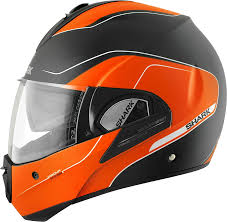 Serious head injuries and brain injuries can affect every facet of your life – for the rest of your life. A traumatic brain injury can cause memory problems, mobility problems, personality changes, cognition difficulties, depression, sensory issues, and chronic pain. Treating a brain injury and caring for a brain injury victim can also take years of therapy and millions of dollars throughout your life. So – what is the very best way to prevent a traffic accident brain injury in Virginia? It’s easy: wear a helmet.
Serious head injuries and brain injuries can affect every facet of your life – for the rest of your life. A traumatic brain injury can cause memory problems, mobility problems, personality changes, cognition difficulties, depression, sensory issues, and chronic pain. Treating a brain injury and caring for a brain injury victim can also take years of therapy and millions of dollars throughout your life. So – what is the very best way to prevent a traffic accident brain injury in Virginia? It’s easy: wear a helmet.
Whether you are riding a bike, riding a motorcycle, or riding an ATV, a helmet is an easy, inexpensive, and surefire way to minimize brain injuries when exploring the roads (and off-road paths) of Virginia and West Virginia. In fact a recent study showed that wearing a helmet reduces bicycle accident brain injuries by 88 percent – and that if every cyclist in the country wore a helmet, hundreds of lives would be saved every year.
While a helmet doesn’t prevent all brain injuries or all motorcycle and bicycle injury deaths, a helmet can greatly reduce your risk of traumatic brain injury when riding a bike, motorcycle, or four-wheeler.
Here are a few more telling helmet safety statistics:
• The NHTSA estimates that motorcycle riders who consistently wear helmets reduce their chances of a brain injury by 29 percent.
• About 750 motorcycle riders a year would not die if every rider wore a safety helmet while on the road.
• Every year, helmets save the lives of about 1,700 motorcycle riders.
• Two out of three bicycle fatalities in the United State are due to traumatic head injuries.
• Cyclists not wearing a helmet are 14 times more likely to die in a bicycle crash than cyclists who do take the time to wear a helmet.
• Bicycle rider traumatic brain injuries cost the health care system an estimated $81 million a year in direct costs and $2.3 billion in indirect costs.